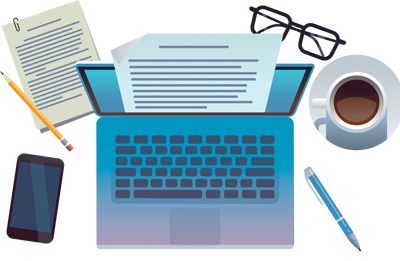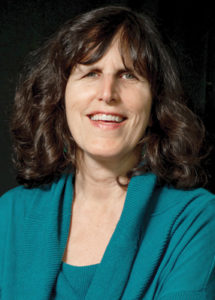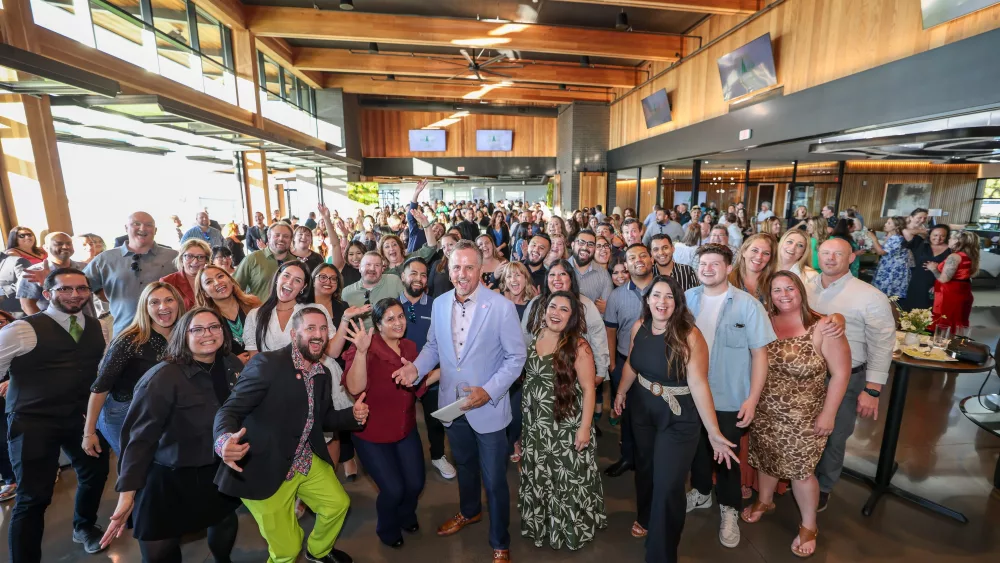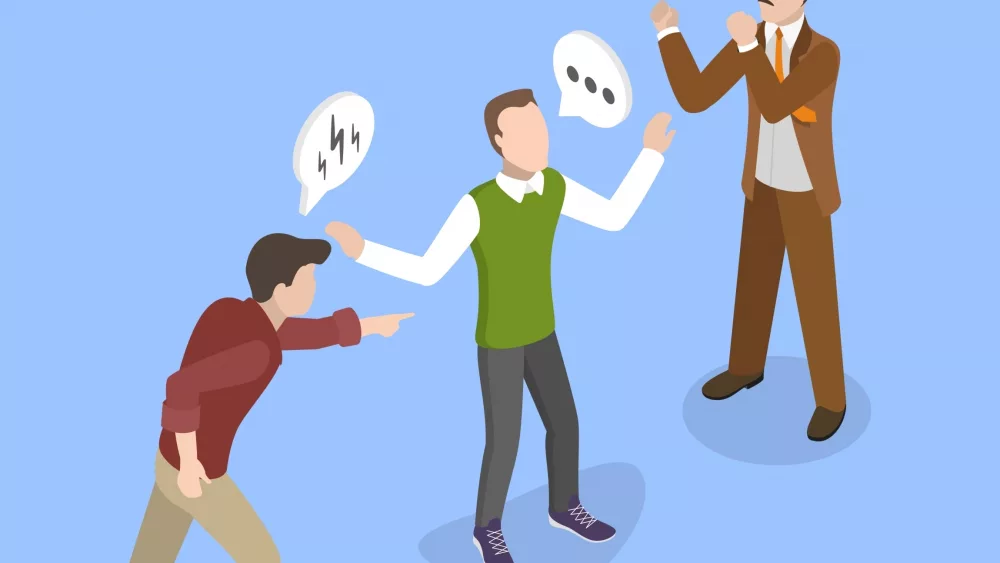
Encouraging a student to pursue a career in journalism may seem like a tough sell these days. The pay is low, the hours long and job security is evaporating during the pandemic. Bystanders might shout “fake news”—or worse—at you in public, police might hurl tear gas canisters in your direction and an army of Internet trolls could attack you at any time. And no matter how hard you work, a large swath of Americans will believe you are the enemy of the people.
As a journalism faculty member at Santa Rosa Junior College and adviser to The Oak Leaf News, why do I continue to encourage students to pursue a career in this field? There are several reasons. First, the work of trained, ethical journalists is more important now than ever. Second, the people shouting “fake news” often don’t differentiate professional journalists and important works of journalism from the overbroad “media” catchphrase that encompasses opinion, talk, tabloid, and other non-journalistic media. Third, the pursuit of truth is critical for our democracy to function and for citizens to make informed decisions. And finally, because doing good journalism is rewarding and satisfying and can affect positive change.
That’s not to say fake news isn’t a real issue—and a real threat to the integrity of journalism. It’s an insidious problem both in how frequently and easily bogus news reports can infiltrate our civic discourse and how cavalierly the term “fake news” is bandied about in partisan debates, often to discredit legitimate news stories and respected news organizations. On the eve of Super Tuesday, for example, a fake article from a look-alike New York Times site stated that Elizabeth Warren had endorsed Bernie Sanders. It was viewed 50,000 times and shared 15,000 times on Facebook.
Since 2016, I’ve been teaching students to identify fake news—and to define it. Fake news is not news you disagree with. It’s a malicious steady stream of mistruths, distortions and completely fabricated articles, photos and videos designed to confuse, manipulate, incite and inflame an already polarized nation.
To spot fake news and refrain from reposting it, I teach students to carefully check the article source, including the URL, and look for multiple and diverse credible sources within the story. I advise them to beware of telltale fake news signs, such as misspellings and grammar errors, sensational headlines and exclamation marks (real journalists rarely use them). If a news piece sounds unbelievable, students should do lateral reading—use a search engine to see whether the site is credible, whether others are reporting the story and what the angles are.
I also help students differentiate fake news from shoddy or low-quality journalism, news that may be partisan, inaccurate, incomplete, sensational or poorly researched.

Once students learn what news isn’t, they must learn what it is. They need to learn the basics, just as journalism schools have been teaching for generations. A good news story relies on a combination of documents, interviews and observation. Most of all it relies on three basic components: accuracy, accuracy and accuracy. In deconstructing stories in class, students are often amazed at how much work goes into a single well-researched article.
Teaching students the techniques to write objective and accurate news articles is only half of the equation. The other half is training them to be ethical journalists. I emphasize the Society of Professional Journalists’ Code of Ethics’ four basic tenets: seek truth and report it, minimize harm, act independently and be transparent and accountable.
I also give students a framework they can use to make ethical decisions on deadline. Over the years, Oak Leaf students have debated sexual assault terminology, keeping DACA students anonymous, publishing (or not) a letter to the editor from the KKK, the use of the N-word in a quote and coverage of the vulnerable homeless population on the Joe Rodota Trail.
Teaching accuracy and ethical behavior may seem like a futile effort in 2020, as many readers will still cherry-pick news that fits their worldview and spread false stories. But I still believe facts matter, and so does having professionals who will report them fairly and accurately. Hopefully, laws, technology or social media companies will soon slow or stop the rampant flow of fake news, and truth will prevail again.
Then maybe quality journalists will be more widely acknowledged. There are many local examples of this. Press Democrat reporters won a Pulitzer Prize for documenting the October 2017 fires. Those journalists, many of whom were displaced themselves, are also your friends, neighbors and community members.

One former Oak Leaf student, now working for ABC News, endured getting screamed at by protesters and tear gassed by police in June as he covered violent protests in Minneapolis—during a pandemic.
Professional, ethical journalists keep you informed about the world around you, even when that world is in chaos. They are documentarians, bravely chronicling the world’s ills, championing facts over rhetoric and continuing their long-standing job as watchdog over governmental agencies.
And that is an important and noble profession, one I’ll continue encouraging students to pursue.
Anne Belden oversees the Santa Rosa Junior College journalism program and advises The Oak Leaf News. She can be contacted at abelden@santarosa.edu.



